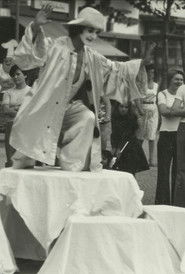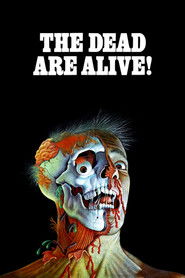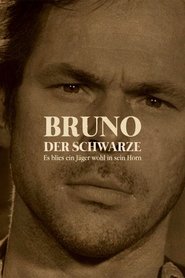Lutz Eisholz
DirectorWriter
-
Birthday
-
Zodiac Sign
-
Genres
0
Total Films
Also known as (female)
Place of Birth
-
Birthday
-
Zodiac Sign
-
Genres
0
Total Films
-
Also Known As (female)
-
Place of Birth
-
Birthday
-
Zodiac Sign
-
Genres
0
Total Films
Also known as (female)
Place of Birth
-
Birthday
-
Zodiac Sign
-
Genres
0
Total Films
-
Also Known As (female)
-
Place of Birth
actor
0 Works
producer
0 Works
director
7 Works
writer
3 Works
other
0 Works

Love Living, Live Loving
The gentle inhabitants of a quaint Berlin apartment house, damaged by the Second World War but possessing an elegance of its own, love the place where they live, with its motto Liebe das Leben-Lebe das Lieben (Love Living, Live Loving) emblazoned above the door. Their love for it only increases when they learn that it is threatened by a bank redevelopment project. Among the apartment-dwellers are an elderly couple (Brigitte Mira and Erhardt Dhein) who have toured the world together.Year:
1977

The Dead Are Alive
A photographer on an archaeological expedition digging up Etruscan ruins in Italy begins to suspect that not all the Etruscans buried there are actually dead.Year:
1972

Bruno the Black - One Day a Hunter Blew His Horn
Lutz Eisholz’s first feature film was produced at West Berlin’s German Film and TV Academy. In an experimental documentary he portrays the working class outcast Bruno S., who prowls the city as a street musician, performing his own songs. The film unfolds Bruno’s story: abandoned by his mother as a child, he was maltreated in correctional institutions in Nazi Germany. On release after WWII he found work but started performing at the same time as a self-taught musician and poet. Although incapable of “normal” human bonding, he was still able to rejoice in life. When Werner Herzog saw this film he recognized Bruno’s potential and hired him to play starring roles in The Enigma of Kaspar Hauser (1974), Heart of Glass (1976) and Stroszek (1977).Year:
1971

Bruno the Black - One Day a Hunter Blew His Horn
Lutz Eisholz’s first feature film was produced at West Berlin’s German Film and TV Academy. In an experimental documentary he portrays the working class outcast Bruno S., who prowls the city as a street musician, performing his own songs. The film unfolds Bruno’s story: abandoned by his mother as a child, he was maltreated in correctional institutions in Nazi Germany. On release after WWII he found work but started performing at the same time as a self-taught musician and poet. Although incapable of “normal” human bonding, he was still able to rejoice in life. When Werner Herzog saw this film he recognized Bruno’s potential and hired him to play starring roles in The Enigma of Kaspar Hauser (1974), Heart of Glass (1976) and Stroszek (1977).Year:
1971
Montage I, II, III
Three short scenes: A drummer, a busy street and two lovers.Year:
1967
Montage I, II, III
Three short scenes: A drummer, a busy street and two lovers.Year:
1967
Plötzlich das Mädchen
Love story in Berlin.Year:
1966